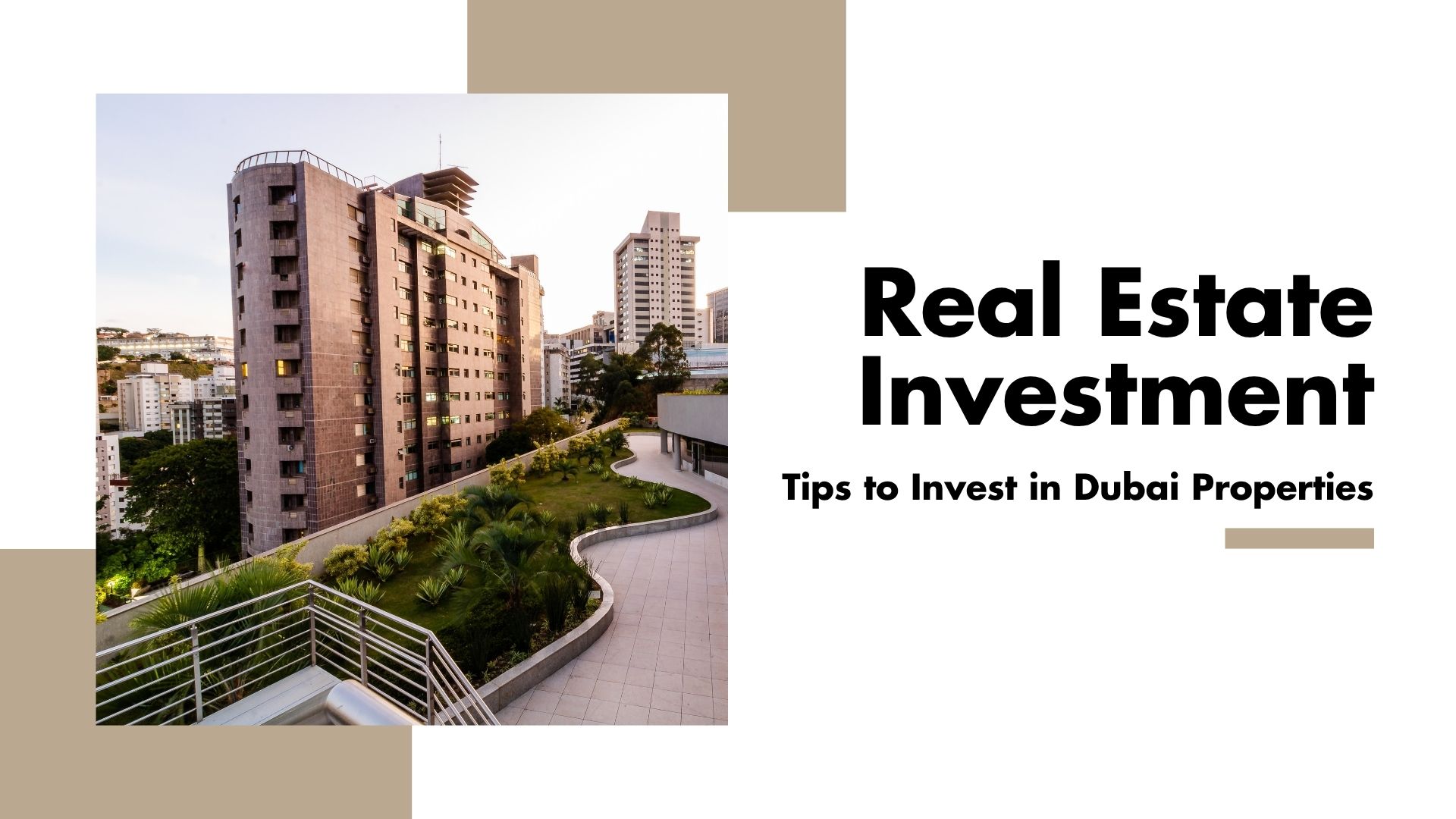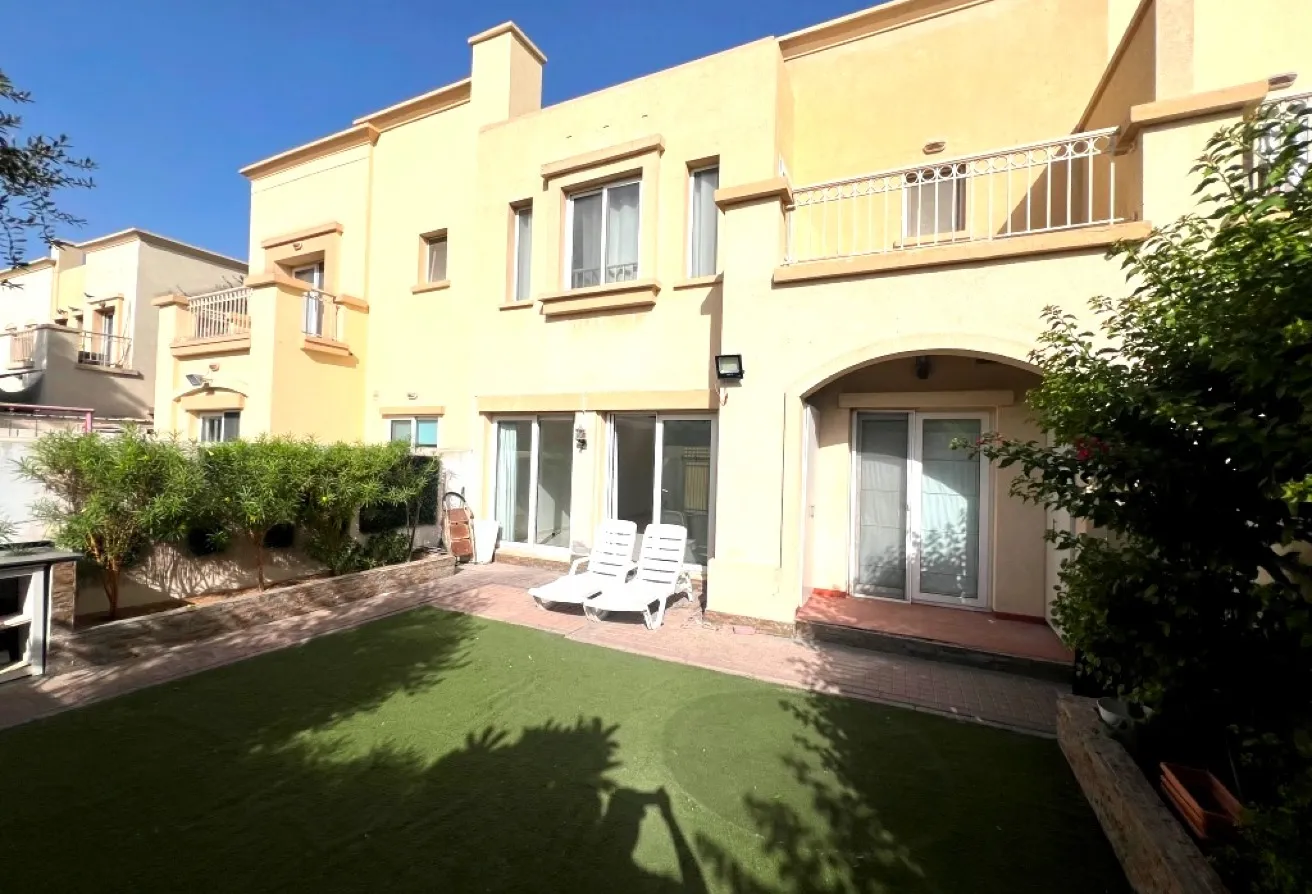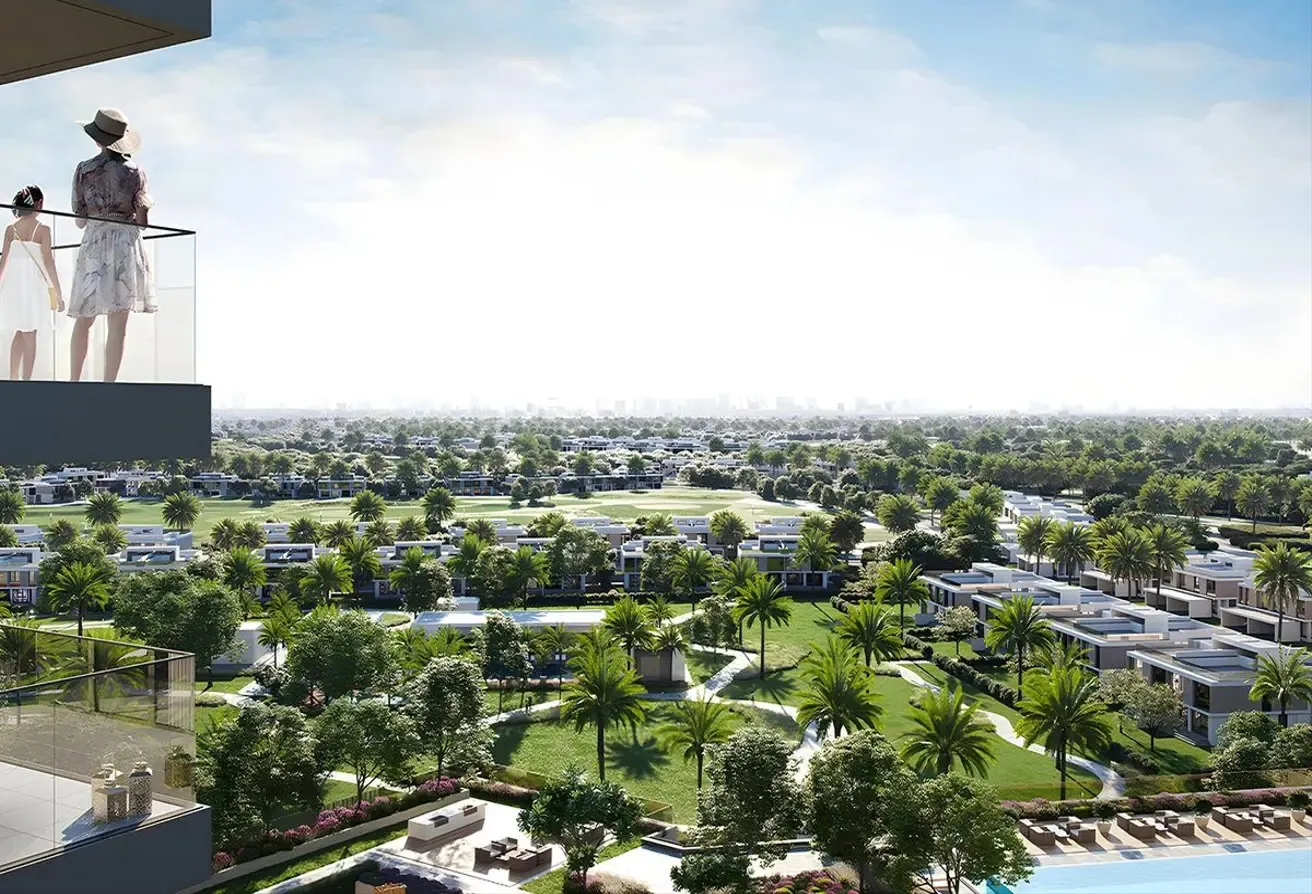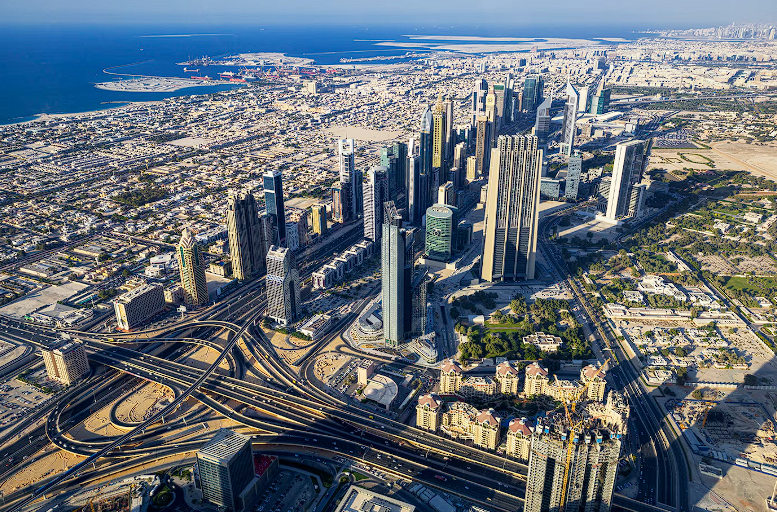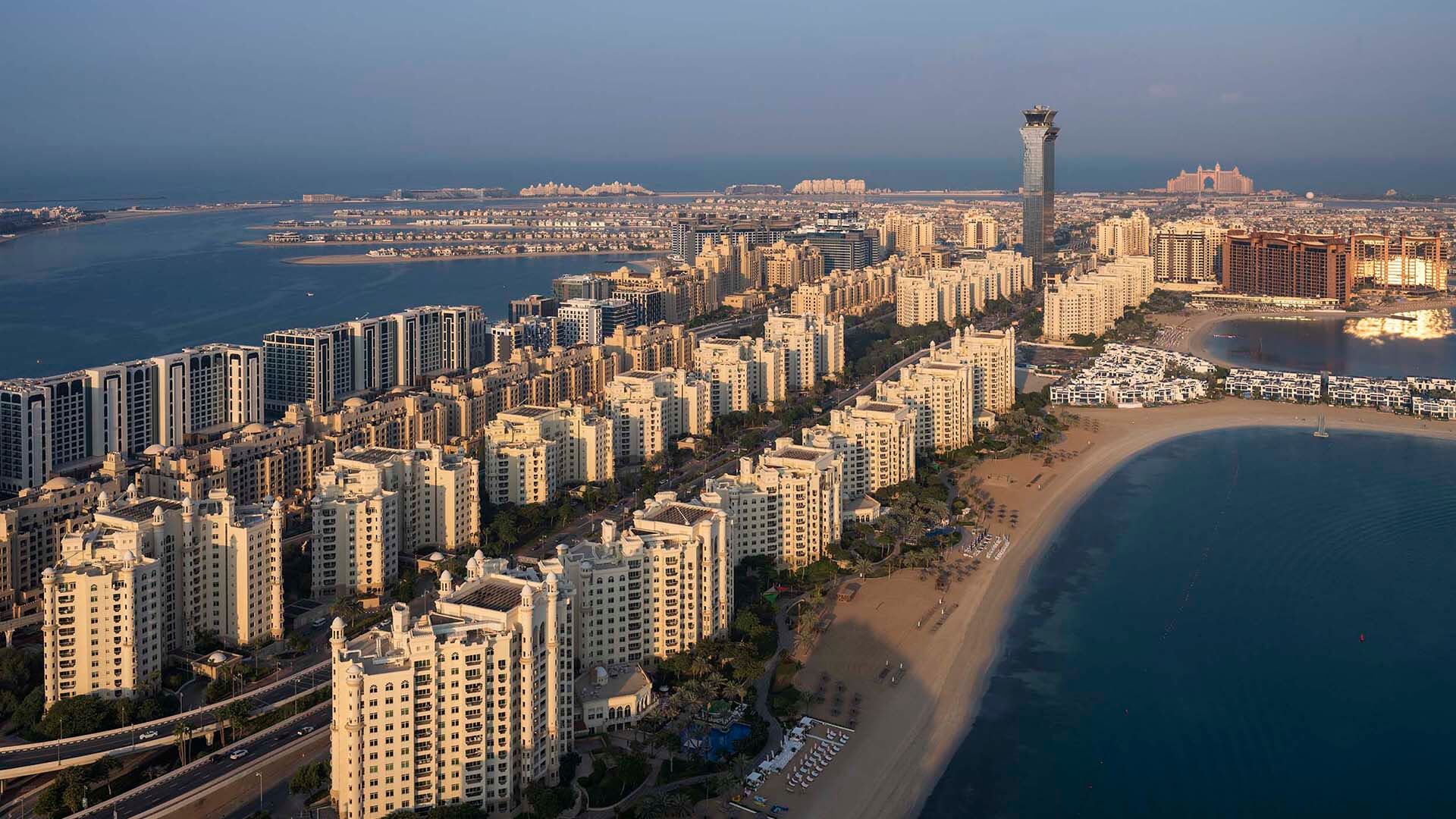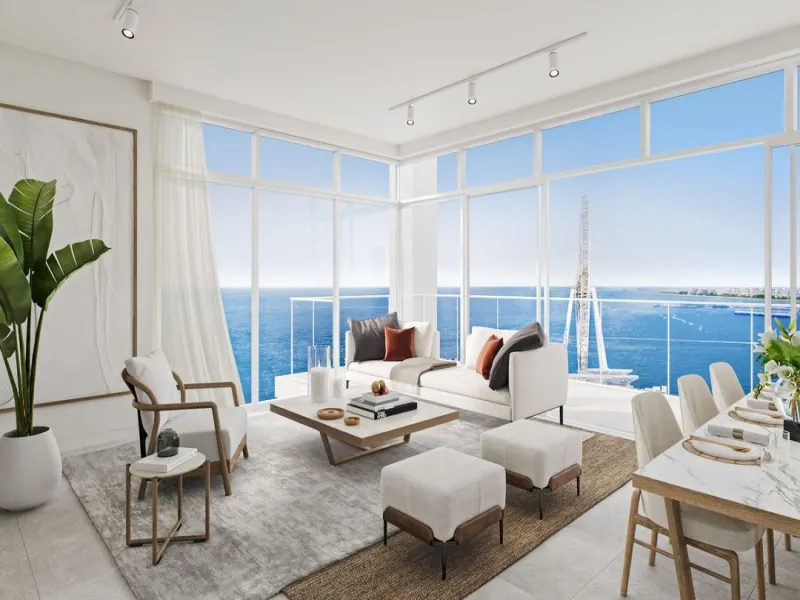Dubai. The name alone conveys visions of futuristic cities, luxurious lifestyles, and boundless desires. In the middle of the desert, this city has defied expectations by creating a world-class metropolis. That ambition translates into one thing for astute investors: opportunity. One of the world’s most vibrant and dynamic real estate markets is Dubai.
Let’s be honest, though. It can be intimidating to invest anywhere, particularly in a global center like this one. Having spent years navigating this market, I have witnessed both investors succeed and others make preventable mistakes. What’s the difference? A good plan.
If you’re looking to invest in Dubai properties, you’re headed in the right direction. However, let’s discuss how to do it wisely before you jump in. Here are my best recommendations for navigating your journey, directly from the front lines.
1.First things first: Identify your “why.”
The most crucial question to ask yourself is, “Why am I investing?” before you even glance at any listings. Every choice you make will be influenced by your objective.
- Are large rental yields your goal? If so, you might consider smaller apartments in busy, sought-after neighborhoods like Jumeirah Lake Towers (JLT) or Dubai Marina, where expats and young professionals are constantly looking to rent.
- Does it have to do with long-term capital growth? Villas or townhouses in emerging family-friendly neighborhoods like Dubai Hills Estate or Arabian Ranches may be of interest to you. Over time, these areas frequently experience notable increases in value.
- Searching for a self-sufficient vacation rental? For short-term rentals, a modern apartment with a view in Downtown Dubai or on the Palm Jumeirah might be ideal, providing you with both a personal retreat and a source of income.
2. Become a “Location” Expert—The Dubai Way
You’ve heard the phrase “location, location, location” countless times. This mantra has a distinct flavor in Dubai. Here, a great location is about lifestyle and connectivity, not just a nice neighborhood.
When purchasing real estate in Dubai, consider the following:
- Metro Stations: A game-changer for residents who rely on public transport.
- Major Highways: Easy access to Sheikh Zayed Road or Al Khail Road is a huge plus.
- Key Amenities: Proximity to top-tier schools, hospitals, malls, and supermarkets is crucial, especially for family-oriented properties.
- Future Growth: Pay attention to the Dubai 2040 Urban Master Plan. Investing in areas slated for future development can lead to incredible returns.
3. Partner with a RERA-Certified Pro
This cannot be negotiated. I can’t emphasize this enough. The government organization in charge of overseeing Dubai’s real estate market is the Real Estate Regulatory Agency (RERA). Your protector and advisor is an agent or broker who has earned RERA certification.
They will:
- Provide you with legitimate listings and accurate information.
- Make sure all paperwork is handled correctly and defend your rights.
- Provide in-depth market knowledge and skilled negotiating abilities.
One of the riskiest things you can do is try to “save” on commission by going it alone. By assisting you in finding the best deal and avoiding pitfalls, a great agent makes you money rather than costing you it.
4. Know the Developer’s Reputation
Not all developers are made equal in a city that develops as quickly as Dubai. Research the developer before falling in love with a glossy brochure for an off-plan project.
Ask questions like:
- Have they completed previous projects on schedule?
- How good were their earlier builds? If you can, stop by one of their finished projects.
- Are they reputable in the market and financially secure?
Reputable developers offer better build quality, peace of mind, and a greater chance that your investment will hold its value.
5. Look Beyond the Purchase Price
A classic rookie mistake is to only budget for the property’s ticket price. To successfully invest in Dubai properties, you need to understand the total acquisition cost. Be prepared for:
- Dubai Land Department (DLD) Fees: Currently 4% of the property value.
- Agency Fees: Typically 2% of the property value.
- Trustee Fees: For registration, these are around AED 4,000.
- No Objection Certificate (NOC) Fees: Paid to the developer to certify they have no objection to the sale.
After you acquire the property, you should also account for yearly service fees, which pay for maintenance of the structure and its facilities. Gaining insight from these figures allows you to see your investment as it really is.
6. Off-Plan vs. Secondary: Weigh Your Options
You have two main paths when you invest in Dubai properties:
- Off-Plan Properties: These are properties you buy directly from a developer before they are built.
- Pros: Lower prices, attractive and flexible payment plans, and the potential for significant capital appreciation upon completion.
- Cons: The risk of delays and the uncertainty of not seeing the finished product.
- Secondary Market Properties: These are existing properties you buy from a current owner.
- Pros: You get what you see, and you can start generating rental income immediately.
- Cons: Prices might be higher, and you’ll likely need a larger upfront payment.
Neither is definitively better; it all goes back to your investment goal, risk appetite, and financial situation.
The Final Word: Invest with Confidence
The real estate market in Dubai offers a wealth of possibilities. It offers a safe and regulated environment, a tax-free haven for rental income, and an unmatched lifestyle.
Although there are some things to learn, it’s not very difficult. You can confidently navigate this market by establishing your objectives, conducting adequate research, and collaborating with qualified experts. The secret is to become an informed investor instead of a passive buyer. With the right strategy, your decision to invest in Dubai properties won’t just be a financial transaction; it will be your ticket to being part of one of the most exciting growth stories on the planet.
FAQS
Dubai offers strong rental yields, a growing economy, tax-free benefits, and a safe, well-developed property market.
There is no property tax, no capital gains tax, and no income tax, allowing investors to maximize their returns.
Off-plan properties are often priced lower, have flexible payment plans, and may appreciate in value before completion.
